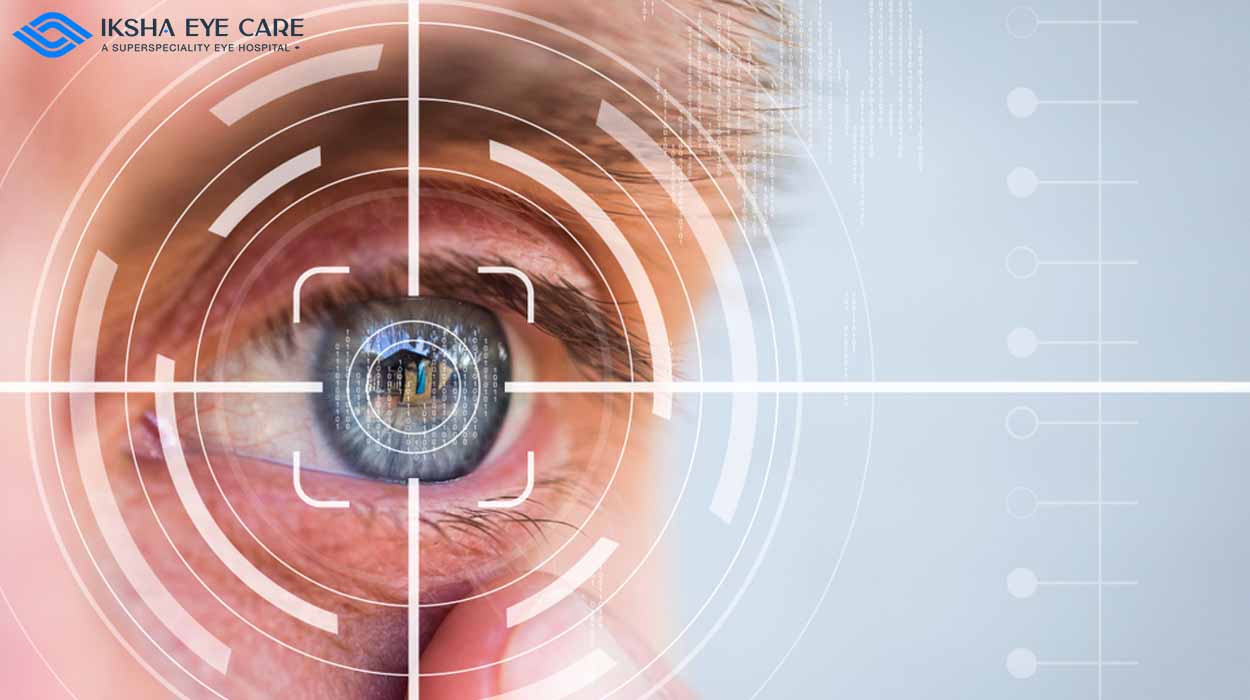Refractive Surgeries in AL: Enhance Your Vision with Expert Treatment
Wiki Article
Understanding the Different Eye Conditions Treated by Specialized Eye Treatment Professionals
In the realm of eye care, specialized specialists play an important duty in detecting and treating a wide selection of eye conditions. From common refractive errors that impact vision quality to age-related problems that posture obstacles as we age, the knowledge of these experts expands to taking care of vision-threatening diseases and intricate corneal disorders. Additionally, the complexities of neurological eye conditions existing one-of-a-kind challenges that require specialized care. As we start this expedition of the various eye problems attended to by specialized eye care specialists, it comes to be apparent that the detailed internet of ocular wellness holds a myriad of remarkable insights waiting to be revealed.Usual Refractive Mistakes
Refractive errors are typical aesthetic conditions triggered by an imperfection in the eye's capacity to correctly concentrate light, resulting in blurred vision. Astigmatism is defined by an irregularly designed cornea, resulting in altered or obscured vision at all distances. Presbyopia is an age-related condition where the lens loses its adaptability, making it hard to focus on close things.These refractive errors can be corrected with various approaches, consisting of eyeglasses, contact lenses, or refractive surgical treatment. Eye treatment professionals play a vital function in diagnosing and handling refractive mistakes to help individuals attain more clear vision and enhance their high quality of life.
Age-Related Eye Conditions
One of the most common age-related eye conditions is age-related macular degeneration (AMD), a disease that triggers main vision loss and can make activities like reading and driving tough. Cataracts, one more typical condition among older people, cause clouding of the eye's all-natural lens, leading to blurred vision. Normal eye exams with specialized eye treatment experts are critical for early discovery and monitoring of these age-related eye conditions to protect vision and maintain ocular health and wellness as individuals grow older.Vision-Threatening Illness
Vision-threatening illness encompass a variety of serious ocular conditions that have the possible to significantly influence an individual's eyesight and total aesthetic function. These illness position a threat of irreversible vision loss otherwise quickly diagnosed and dealt with by specialized eye care specialists. Some typical vision-threatening diseases consist of glaucoma, diabetic retinopathy, age-related macular deterioration (AMD), and retinal detachment.Glaucoma is a team of eye problems that damage the optic nerve, usually due to high intraocular pressure, leading to peripheral vision loss and possible blindness if left unattended. AMD is a modern condition influencing the macula, leading to main vision loss.
Early discovery, regular eye tests, and prompt treatment are essential in taking care of vision-threatening conditions to preserve vision and keep lifestyle. Specialized eye care experts play an essential duty in diagnosing, dealing with, and managing these conditions to avoid irreparable vision loss.

Corneal Problems
Corneal problems include a range of conditions that influence the transparent front part of the eye, known as the cornea. These problems can bring about discomfort, aesthetic disruptions, and in severe instances, vision loss. One common corneal disorder is keratoconus, where the cornea thins and bulges external right into a cone form, creating astigmatism and obscured vision. Corneal dystrophies, such as Fuchs' dystrophy, lead to gradual vision loss due to irregular deposits in the cornea. Corneal abrasions, usually triggered by injury or international objects, can cause discomfort, redness, and level of sensitivity to light. Additionally, infections like keratitis can inflame the cornea, potentially bring about scarring and vision impairment otherwise without delay treated. Treatment for corneal conditions varies depending upon the details problem yet may include medicines, call lenses, or in severe cases, corneal transplants. Regular eye exams are essential for early discovery and management of corneal disorders to preserve vision and eye wellness.Neurological Eye Conditions
Neurological eye conditions entail conditions that affect the link between the eyes and the mind, influencing visual processing and overall eye feature. These conditions can show up in various means, impacting vision, eye activities, and even the control between the eyes. One usual neurological eye condition is optic neuritis, identified by inflammation of the optic nerve bring about vision loss, color desaturation, and pain with eye movement.Another considerable problem is nystagmus, where the eyes make repetitive, unrestrained motions, influencing visual acuity and deepness perception. Furthermore, problems like amblyopia, frequently referred to as "careless eye," result from unusual aesthetic growth in very early childhood, resulting in reduced vision in one eye.
Neurological eye conditions require specialized treatment from professionals like neuro-ophthalmologists that have knowledge in both neurology and ophthalmology. Diagnosis frequently involves a detailed eye evaluation, imaging studies, and collaboration with neurologists to deal with the underlying neurological problems impacting the aesthetic retina service near me system. Therapy approaches can include medicine, vision therapy, or in severe cases, surgical treatments to handle these complicated problems properly.

Verdict
To conclude, specialized eye care professionals deal with a large range of eye problems, including common refractive mistakes, age-related eye conditions, vision-threatening conditions, corneal conditions, and neurological eye conditions - refractive surgeries in al. By recognizing these different problems and seeking ideal treatment from eye treatment specialists, individuals can keep optimal eye wellness and vision. It is essential to focus on regular eye assessments and follow advised therapy plans to protect and protect one's vision for the futureReport this wiki page